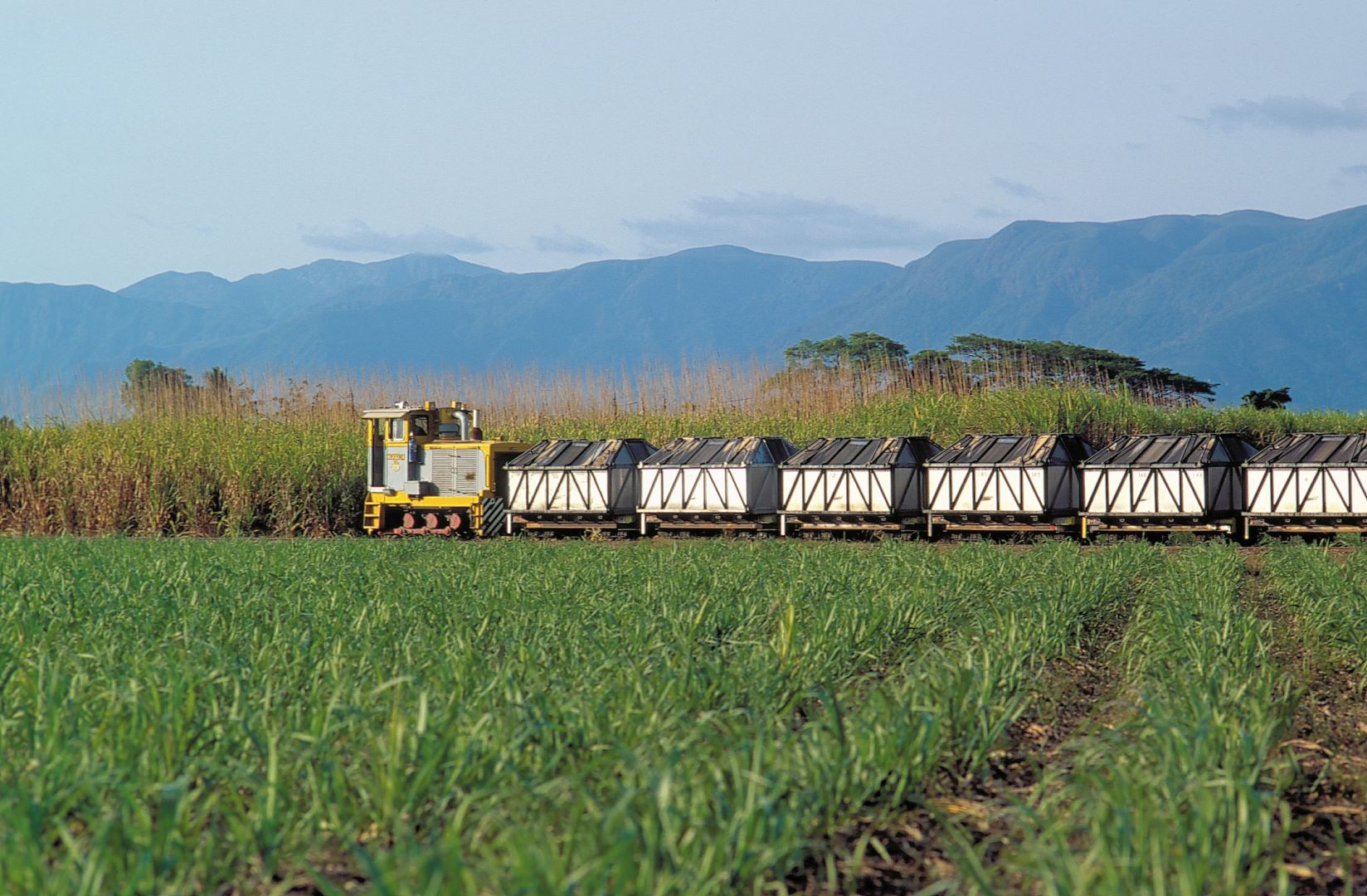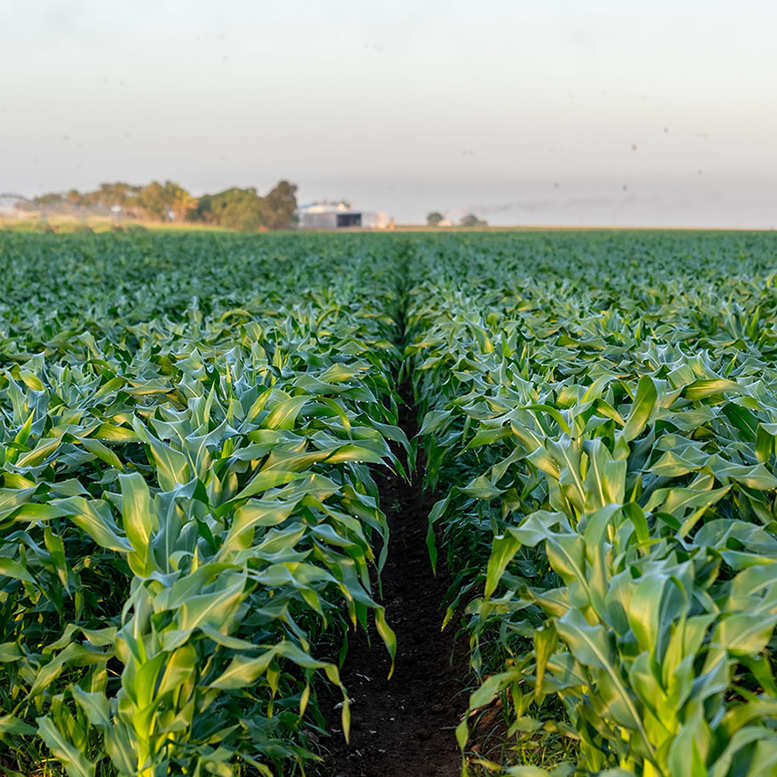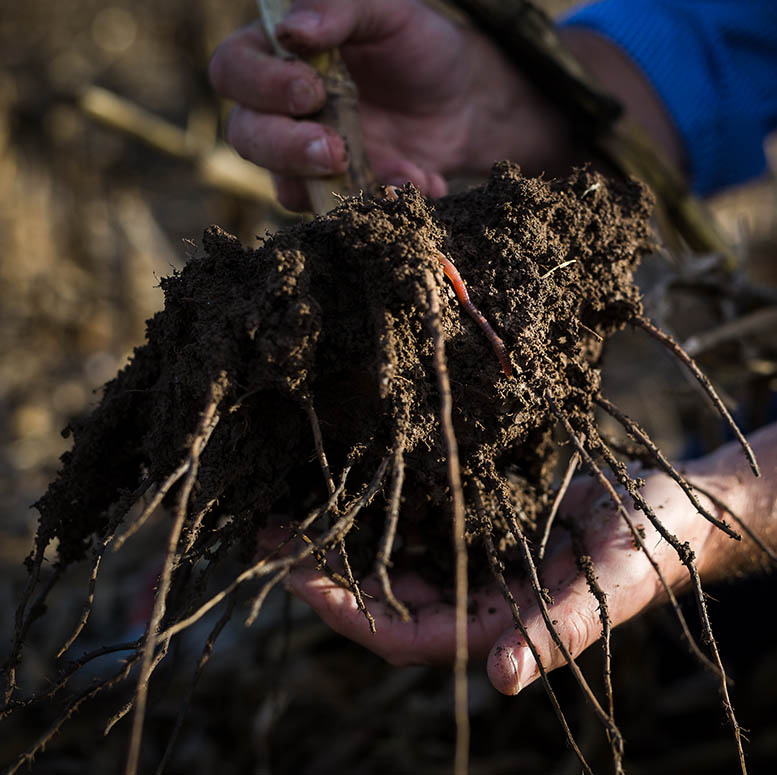Agronomic Insights

Rob Dwyer – IPF Tropical Systems Agronomist
Unpredictable rainfall can make fertiliser application challenging for Australian cane growers, while increased production demand and environmental pressure to improve N uptake means nitrogen efficiency remains a high priority.
Nitrogen can be lost from the system in four ways – run-off, leaching, denitrification and volatilisation. It’s worthwhile for cane growers to consider whether their crop is benefiting from all the nitrogen they’ve paid for.
As IPF Tropical Systems Agronomist Rob Dwyer explains, using eNpower® can help slow down the bacteria that converts ammonium to nitrate and help hold nitrogen in its stable ammonium form for longer.
“Typically, any nitrate not taken up by the plant is potentially lost to leaching and or denitrification, and it’s a risk that’s particularly acute in cane regions prone to unpredictable rainfall events after dry spells,” Mr Dwyer said.
“eNpower is an ammonium stabiliser for nitrogen fertilisers, making more nitrogen available to the plant when it’s needed.”
While protecting nitrogen with technology like eNpower® is important, growers are being urged to take their N management a step further to achieve the greatest potential when nitrogen is used more holistically.
“The concept of Holistic Nitrogen Management is designed to help growers achieve the best possible outcomes from their nitrogen use,” Mr Dwyer said.
“We know there are four main loss pathways for nitrogen. A stabiliser, such as eNpower® can combat leaching, denitrification and runoff, but loss through volatilisation must be managed by application method.”
One of the best ways to combat against all four loss pathways and reduce nitrogen loss through runoff and volatilisation is to ensure adequate incorporation of fertiliser by aiming for about 10 centimetres of compact soil cover over fertiliser.
“If the slot made by the double disc opener or stool-splitter is left open, then fertiliser can move straight up and over the top of the soil during rainfall or irrigation events,” Mr Dwyer explained.
“In periods of heavy rain, rain will be channelled to the base of the plant, so runoff is likely if the fertiliser is left exposed to the rain in an open slot.
“Having 10 cm of compacted soil cover is critical, because it gives enough of a buffer to that reaction that the ammonia doesn’t break out into the air. The best equipment I’ve seen for doing this is the StoolZippa™.” The StoolZippa™ closing wheel system enables soil that has been compacted by the stool splitter to be broken down and completely cover the fertiliser, restoring the trash blanket coverage to give applied fertilisers protection from weather events.

Mr Dwyer said another option for reducing volatilisation losses for growers unable to consistently achieve 10 cm compacted soil cover was to use GranAm® fertiliser as a nitrogen source.
“GranAm® produces an acidic reaction locally around the fertiliser band, giving it a natural protection against volatilisation whether the fertiliser is applied in a slot or on the surface of the soil,” he said.
By holistically managing applied nitrogen, growers can mitigate all four nitrogen loss pathways and protect against runoff in two ways, giving them confidence that they’ve taken all available steps to manage nitrogen for the season ahead.
Further Information
For more information, please contact Rob Dwyer 0428 111 471 or rob.dwyer@incitecpivot.com.au
Resources
DOWNLOAD INSIGHTDISCLAIMER
This is a guide only, which we hope you find useful as a general tool. While IPF has taken all reasonable care in the preparation of this guide, it should not be relied on as a substitute for tailored professional advice and IPF accepts no liability in connection with this guide. Incitec Pivot Fertilisers manufactures and sources fertilisers from other suppliers. The fertiliser supply chain extends beyond the company’s direct control, both overseas and within Australia. Incitec Pivot Fertilisers hereby expressly disclaims liability to any person, property or thing in respect of any of the consequences of anything done or omitted to be done by any person in reliance, whether wholly or in part, upon the whole or any part of the contents of this article.
You might also be interested in these

Summer Crop
Avoid maize yield loss from N banded near the seed
October / 2024

Horticulture, Pasture, Sugar, Summer Crop
Understanding soil acidity and nutrient availability
January / 2023

Horticulture
Boost banana nitrogen efficiency
January / 2024

Horticulture, Pasture, Sugar, Summer Crop
Poor Soil Structure – Have you identified if it is costing you profitability?
November / 2023

